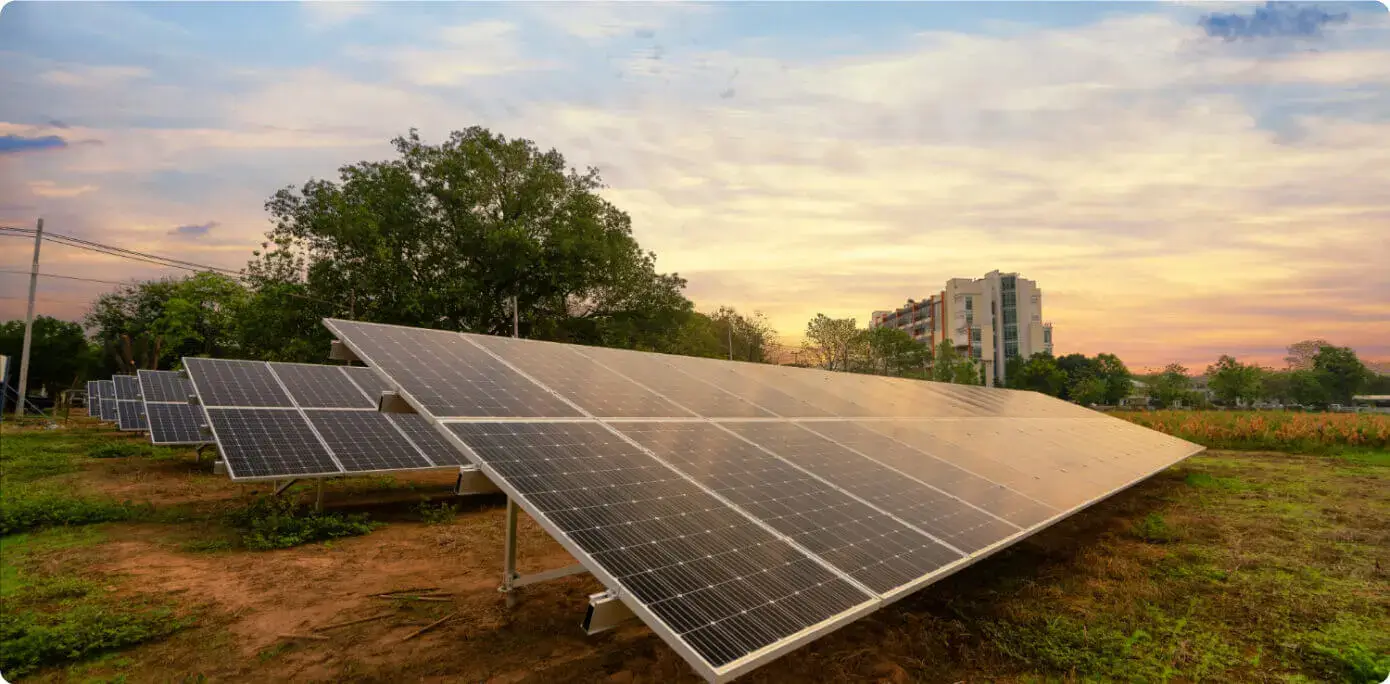Empowering You with Solar Knowledge
Curious about how solar panels and solar power installations work?
Understanding Solar Energy...
How Does Solar Power Work?
Solar power harnesses energy from the sun using photovoltaic (PV) panels installed on your property. These panels convert sunlight into direct current (DC) electricity. An inverter then transforms this DC electricity into alternating current (AC), which is the standard electrical current used in homes and businesses. This clean energy powers your appliances, lights, and devices, reducing your reliance on the grid.

Benefits of Solar Power
- Benefits of Solar Power
Solar energy is abundant and sustainable. Utilizing it reduces greenhouse gas emissions and minimizes environmental impact.
- Cost Savings
Lower your energy bills by generating your own electricity. Excess energy can often be sold back to the grid, providing additional savings.
- Energy Independence
Reduce reliance on traditional energy suppliers and protect yourself against rising energy costs.
- Increased Property Value
Solar installations can enhance your property’s value, making it more attractive to potential buyers.
- Low Maintenance
Solar systems require minimal upkeep and have long lifespans, especially with HQ Energy’s quality installations and warranties.
Solar Myths Debunked
"Solar Panels Don't Work on Cloudy Days or in Winter."
Fact
Solar panels still generate electricity on cloudy days and in colder climates. They rely on sunlight, not heat, and can be highly efficient in various weather conditions.
"Solar Energy System is Too Expensive to Afford Right Now."
Fact
The cost of solar installations has decreased significantly. With incentives, rebates, and financing options, solar energy is more accessible than ever.
"Solar Panels Require a Lot of Maintenance and Effort."
Fact
Solar panels are durable and require minimal maintenance. Regular cleaning and periodic inspections are usually sufficient.
Energy Storage Solutions
Enhance your solar power system with our advanced battery storage options. Store excess energy generated during the day for use at night or during power outages. This ensures a constant energy supply and maximizes your savings.
